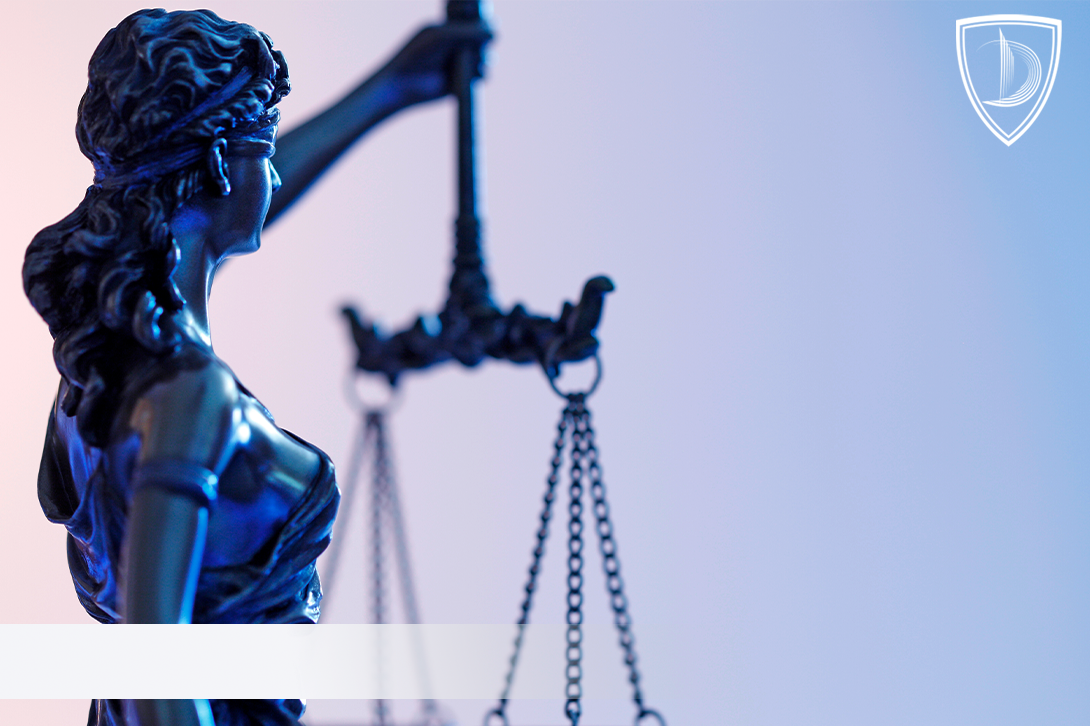Since 1960, the prosecution used loopholes in the Criminal Procedure Code and, upon returning an indictment, conducted an additional investigation and attached newly discovered evidence.
The pre-trial investigation finally abandoned the practice of additional investigation, which was practiced since 1960 and corresponded to the Criminal Procedure Code of that time. The current legislation does not allow for the possibility of supplementing the pre-trial investigation by the authorities after the indictment has been handed over to the court by the investigation. The purpose of the current Criminal Procedure Code of Ukraine is to expand the possible rights of suspects and accused persons, to abolish the institution of returning the case for additional investigation.
The prosecuting party submits an indictment with: register of pre-trial investigation materials; a document certifying receipt of a copy of the indictment by the suspect; a civil lawsuit (if filed by the victim); other documents.
The prosecuting party cannot use the indictment to conduct an additional investigation, only to bring it into line with the Criminal Procedure Code of Ukraine, although the code specifies the possibility of returning the indictment to the prosecutor to eliminate deficiencies in the execution of the court's instructions.
The Criminal Procedure Code limits the powers of the prosecutor and provides an opportunity only to eliminate the shortcomings of the indictment, and not to continue the pre-trial investigation and collect additional evidence when the indictment is returned in the preparatory court session.
Any factual data collected during the resumption of the pre-trial investigation is inadmissible. This will allow the defense to tip the scales of Themis in favor of the accused.
Oleksandr Chornukha, attorney at Dynasty law & investment

